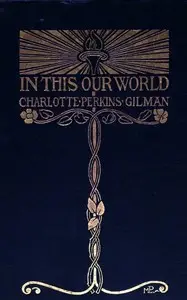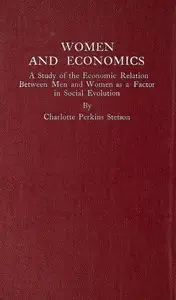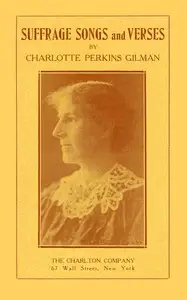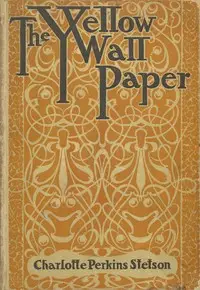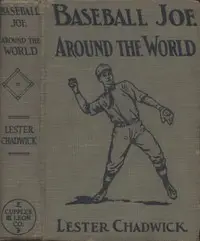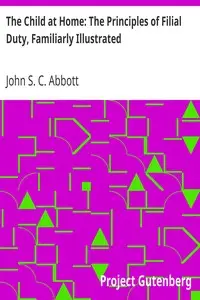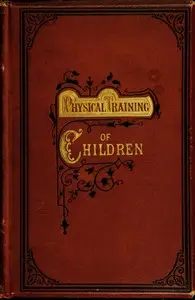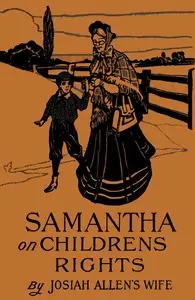"Concerning Children" by Charlotte Perkins Gilman is a thoughtful examination of the principles of child-rearing written in the early 20th century. The book addresses critical issues surrounding the upbringing of children, particularly focusing on the significance of nurturing and educating children in a way that promotes individual growth and social progress. Gilman argues for an enlightened approach to parenting, presenting her ideas on how children's inherent qualities can be cultivated to enhance humanity. At the start of the text, the author discusses humanity's unique position in evolution, emphasizing the paramount importance of childhood in shaping the future of society. She posits that a child's early years are crucial for instilling virtues and capabilities that can positively influence the race. Gilman critiques traditional methods of discipline and obedience, arguing that they often stifle a child's natural growth and understanding of the world around them. The opening lays the groundwork for a deeper exploration of how conscious parenting can foster a better society through the intelligent and compassionate upbringing of the next generation. (This is an automatically generated summary.)
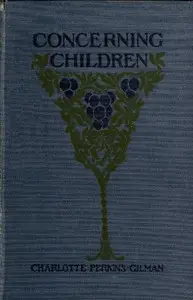
Concerning Children
By Charlotte Perkins Gilman
"Concerning Children" by Charlotte Perkins Gilman is a thoughtful examination of the principles of child-rearing written in the early 20th century. Th...
Charlotte Perkins Gilman, also known by her first married name Charlotte Perkins Stetson, was an American humanist, novelist, writer, lecturer, early sociologist, advocate for social reform, and eugenicist. She was a utopian feminist and served as a role model for future generations of feminists because of her unorthodox concepts and lifestyle. Her works were primarily focused on gender, specifically gendered labor division in society, and the problem of male domination. She has been inducted into the National Women's Hall of Fame. Her best remembered work today is her semi-autobiographical short story "The Yellow Wallpaper", which she wrote after a severe bout of postpartum psychosis.


